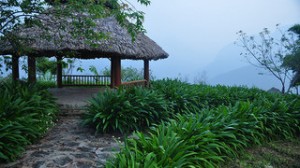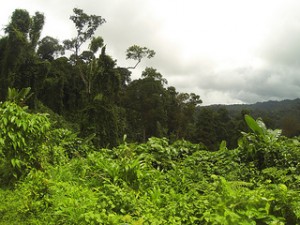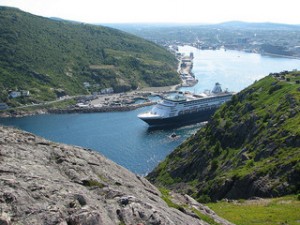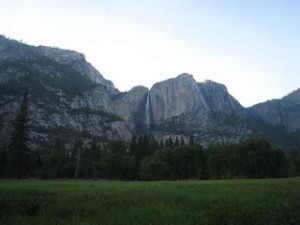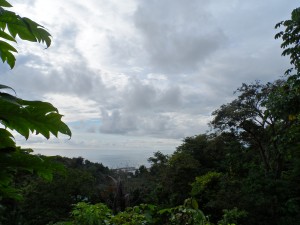Ecotourism is a phenomenon that has grown substantially in the last thirty years. It has reached countries all around the world from Central and South America to Asia. And with its growth has come a growing interest in whether or not ecotourism is as successful as it is thought to be.
Ecotourism grew from being just about protection of the environment to include protection of the local communities. But there has been the potential of actually doing more harm than good in that sense. A case study by Mike Stone and Geoffrey Wall was done on ecotourism in Hainan, China, where a park intended for conservation was built. According to their study, “at least one quarter of residents surveyed indicated that the park has had no effect or only negative effects (mainly in terms of lost jobs and land) on their lives.” The residents tend to be the ones that suffer when ecotourism becomes more prominent in the community, even if it is intended to help them. Continue reading
